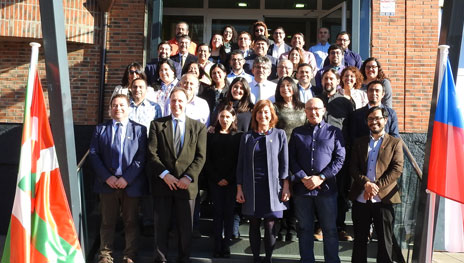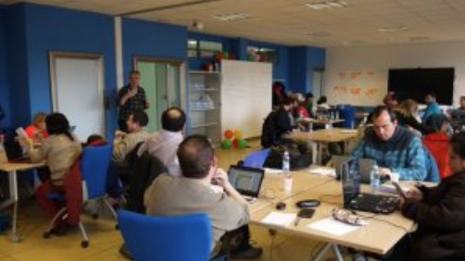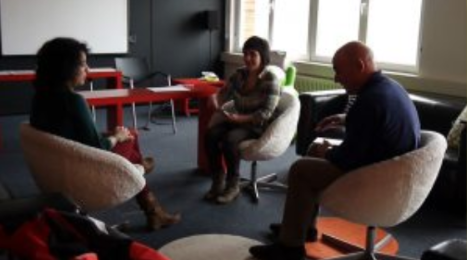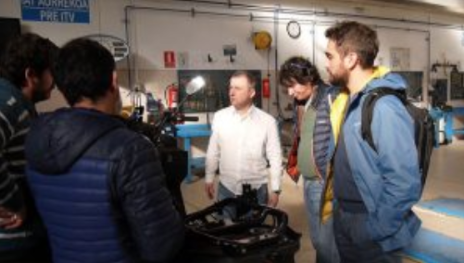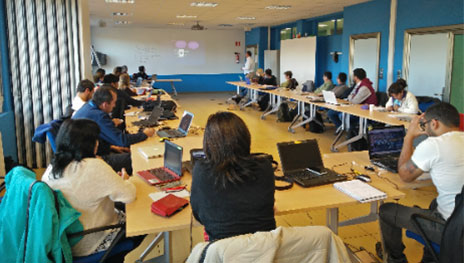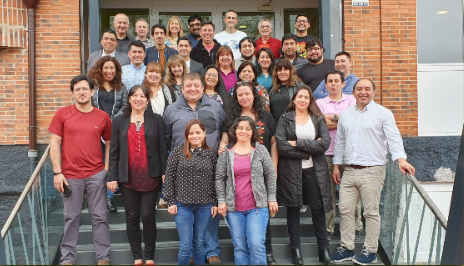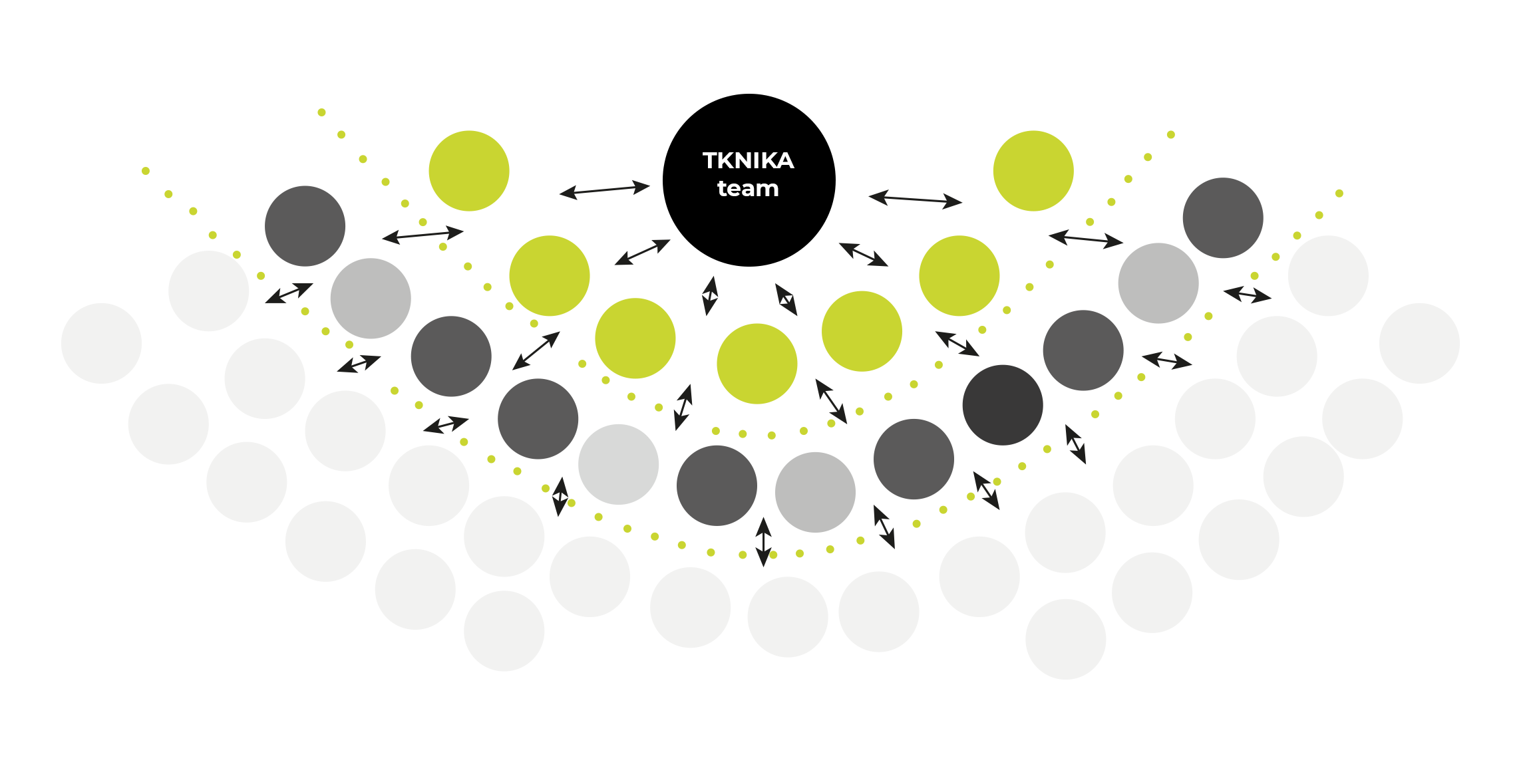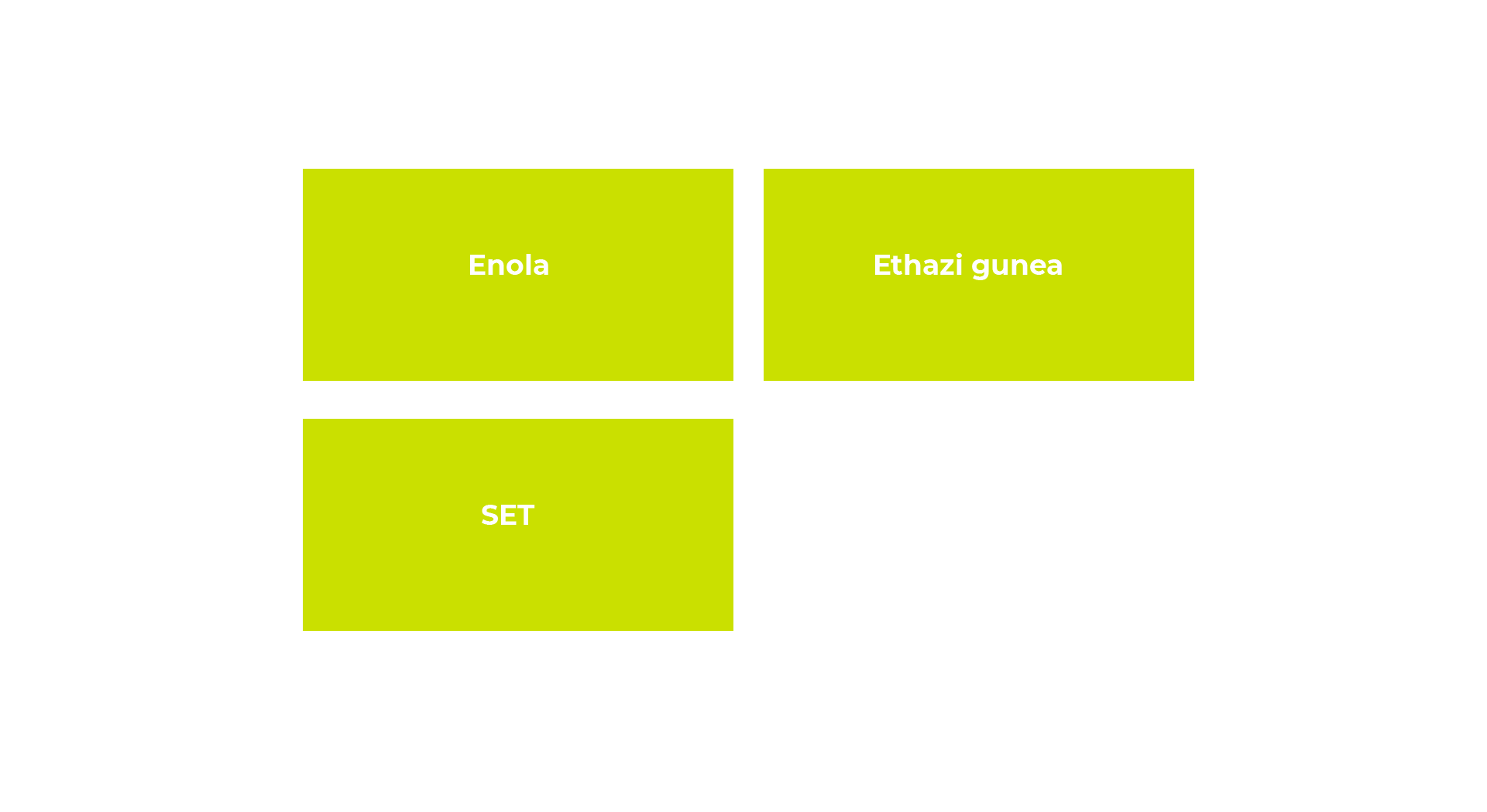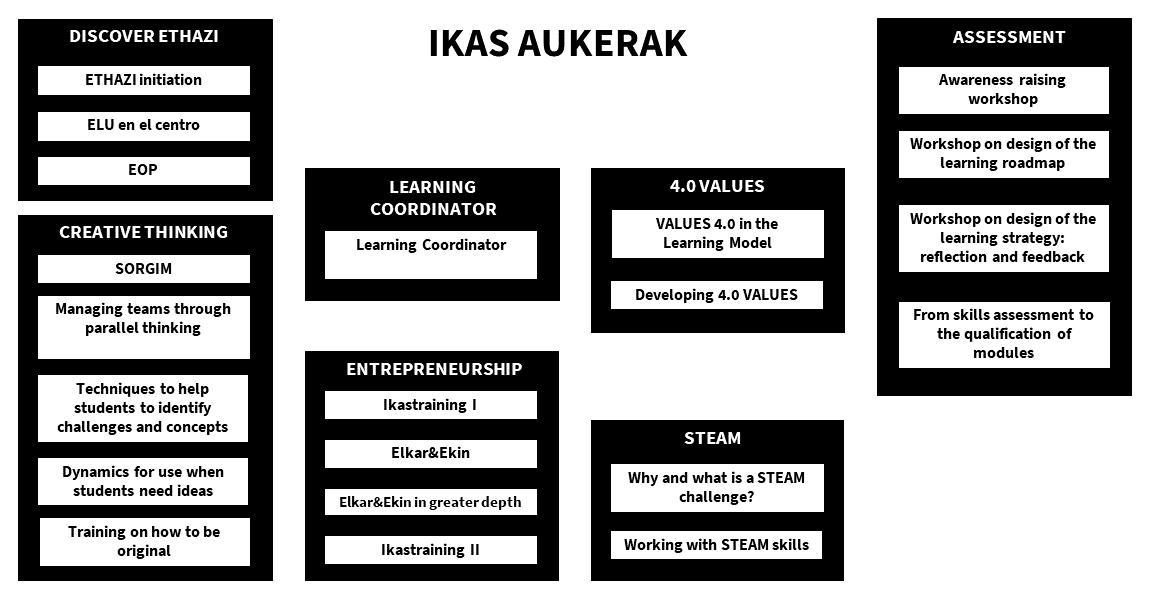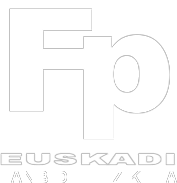Learning and high performance
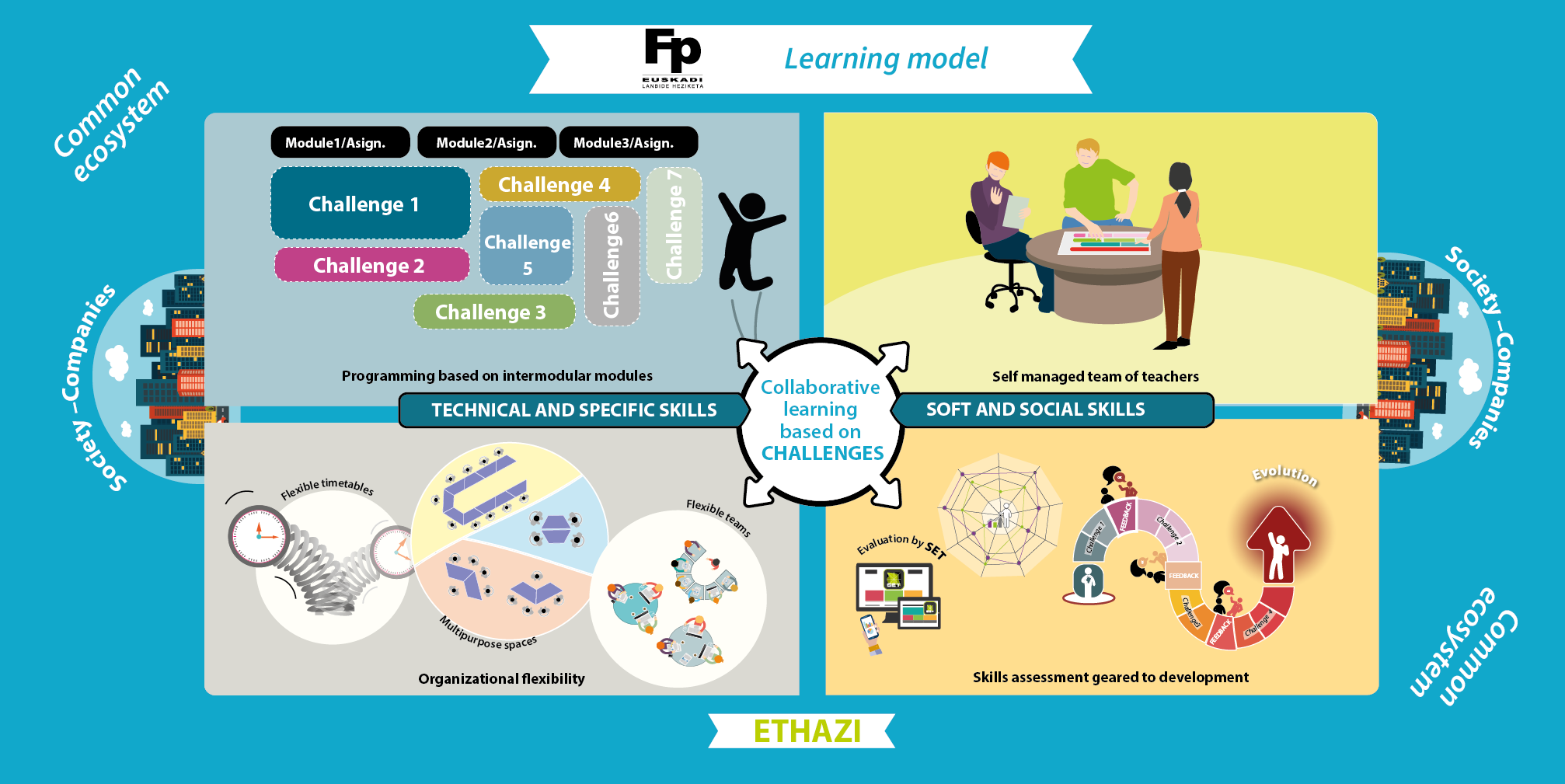
1.
Smart VET based on High-Performance Training
In an environment where the productive fabric is in permanent transformation, and in an employment and social context of repeated restructuring, the systems of vocational training must adapt so that it becomes a form of Intelligent Vocational Training based on high-performance learning. In this way it will address current needs and emerging and unknown environments.
In the vocational training in the Basque Country, we have gone from training skilled workers capable of performing their tasks properly to producing trained professionals. These professionals, in addition to doing their job well, provide added value through other types of skill. Nevertheless, reviewing and analysing the current situation, in the face of new scenarios, makes us commit to working to produce talented professionals.
In this context, we cannot ignore the digital transformation that is taking place and its influence on the teaching-learning process. The key to this entire transformation is obvious: the human factor. And in this regard, we are focusing our efforts on the humanistic leadership skills that new professionals must have.
Dynamic professional training is therefore necessary to help people prepare for the challenging changes, and this will be achieved by systematically transforming the learning models.
In the Learning and High Performance area, we are developing learning strategies that apply the principles of critical thinking, constructive thinking and creative thinking, thus promoting the development of the new professional profile, the talented professional, emotional intelligence, creative intelligence and executive intelligence.
Finally, to enrich and reinforce this process, we have different programmes underway:
● Ikasenpresa (development of the entrepreneurial culture)
● Values 4.0 (vision of social transformation)
● Steam (development of scientific thought)

* Data refers to the sum of all different levels of the implementation of the model.
2.
The network
Research and experience show that if we want a real impact of transformative vocational education and training in the productive and social context, we must design and carry out comprehensive deployment and dissemination strategies. That is to say, extraordinary actions developed by a few vocational education and training agents are not enough, but it must be the whole universe of vocational training that must be progressively transformed and transformative. This is how we understand it through Vocational and Education Training in the Basque Country and, consequently, we have created a network environment that allows us to quickly arrive at the focal points of evolution and transformation. This action network is made up of the following structural elements:
These are people who have experience in the implementation of the model and who stand out for their capacity for analysis, contrast, and vision of the application of the different elements that define the model, as well as their ease of communication and closeness in providing Support.
Elements that facilitate dissemination
https://ethazi.tknika.eus
More information: SET
3.
Learning opportunities for teachers in response to introduction of the collaborative challenge-based learning model, ETHAZI
The offer of training for teachers (IKAS AUKERAK) must meet the needs emerging from evolution of the ETHAZI model; said evolution envisages three areas respectively associated to unified interpretation of the model, to its deployment in the school and to enriching the model with new elements taken from social and business contexts.
The area lines of action contribute blocks for building the necessary knowledge enabling teachers to introduce the ETHAZI Model to their cycles.
With the offer for the 2023/2024 school year, we continue to meet the needs of teachers, responding with a more varied and flexible range of IKAS AUKERAK options.
[/interative]
– The learning coordinator introduces the ETHAZI Model adapted to their own school
– The learning coordinator creates their own leadership style according to the ETHAZI Model to enable its implementation in the school
The programme has three training areas:
– Communication and people
– ETHAZI, the high-performance learning model
– Outlook and project
– Including 4.0 values in the ETHAZI aspect of the cycle.
– Engagement with the 4.0 Values project.
STEAM education will allow our students to acquire 21st century skills, scientific skills and culture, which they will need independently of whether or not their professional future follows the path of science and technology.
– Using the STEAM focus to design challenges.
– Understanding that 4.0 technology can be worked across all challenges.
– Changing the way they teach to bring it into line with the ETHAZI model.
– Helping teachers to view training assessment as an instrument for learning development.
– Helping the teachers in the cycle to understand the numerous elements involved in assessment and relations (such as skills, achievements and indicators, facts, scoring criteria, feedback, grades, etc.).
– Changing the way they teach to bring it into line with the ETHAZI model.
– Understanding the process in order to define the skills.
– Defining the skills associated to their training cycle.
– Creating the scoring criteria for skills in the term or cycle, with their levels and indicators for achieving them, as a reference for learning by students.
– Changing the way they teach to bring it into line with the ETHAZI model.
– Teachers include moments of reflection, feedback and the acquisition of learning commitments in the challenges.
– Reflection as a tool to make the students responsible for and conscious of their learning.
– The teachers, with the students, monitor the evolution of the technical and cross-curricular skills.
– Changing the way they teach to bring it into line with the ETHAZI model.
– Teachers can tell the difference between assessment focused on learning and qualification.
– They establish traceability of the qualification, and only issue grades at the end of the year.
4.
Advising on the diagnosis, design, development, and deployment of learning models
Experience has shown us that strategies for transforming learning models do not obtain adequate results when they are not adapted. We have a model that works and has the adaptability required for current circumstances. Our vision of vocational education and training, and of education in general, dictates that learning models should be shared, and going a step further, should even be brought closer to those who wish to transform their systems. Therefore, it is part of our philosophy to offer personalised services to entities of different kinds within the scope of our expertise, i.e. within the framework of high-performance learning in vocational education and training. We offer this service both nationally and internationally.
